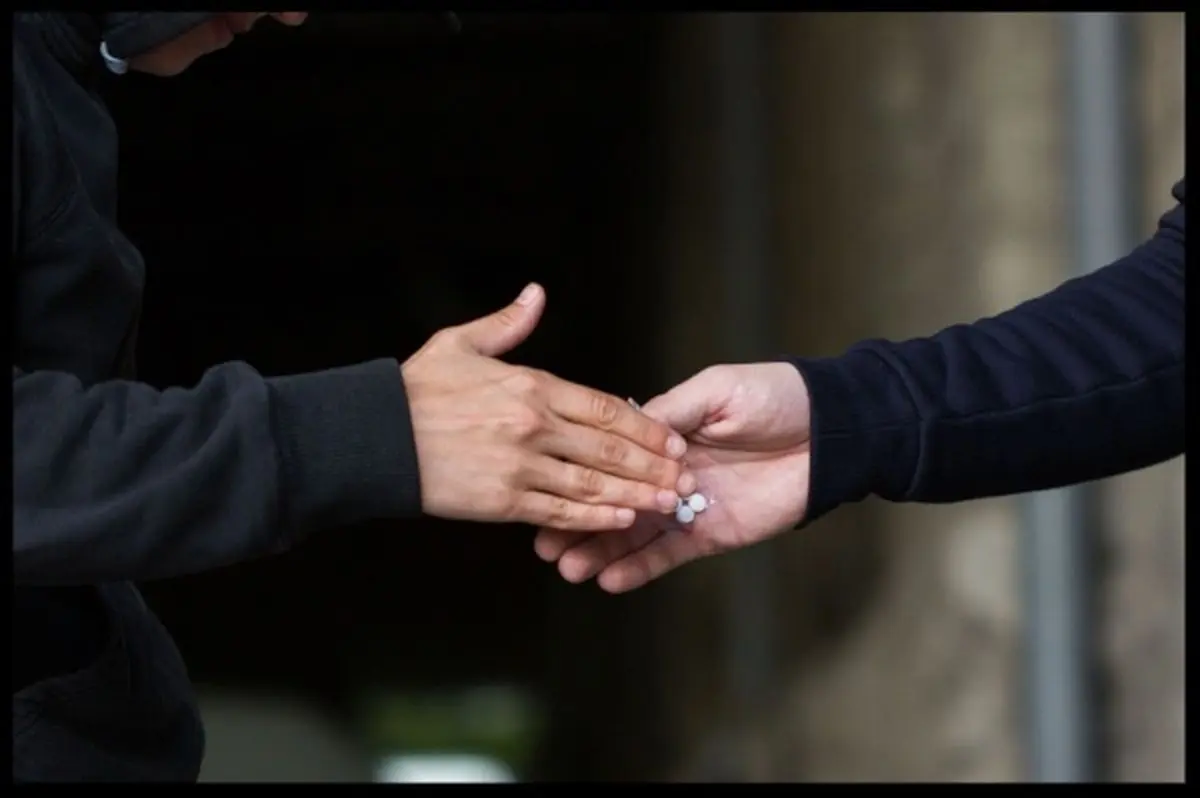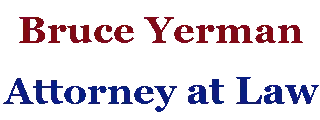
Table of Contents
Drug Possession Is a Serious Crime
If you’re accused of possessing or selling narcotics, you need an experienced drug lawyer to defend you.
The current opioid crisis has given the old war on drugs new life.
Police engage in undercover “buy and busts” to ensnare low-level street dealers. Or they engage in “long-term operations”, establishing themselves in a community for months, sometimes for more than a year, repeatedly buying drugs from the same sellers before a mass-arrest “takedown”.
Prosecutors flip defendants into cooperators, trading reduced charges and no jail in exchange for building cases against other sellers. If appropriate, your drug lawyer will explain how this works.
Police invest huge budgets trying to rid neighborhoods of drug sellers, who are replaced as soon as the last squad car turns the corner. In a drug case, the seriousness of charges against you depends on:
- The type of drugs involved
- The quantity of drugs
- Whether sale, or intent to sell, is alleged
- Whether the police seized guns
- Your role
- Your criminal history
You need a skilled New York City drug lawyer to help you navigate all this.
Trial
If you’re innocent, or the evidence against you is weak, going to trial might be your best option.
“Buy and bust” cases are my favorite cases to try. Undercover police officers are my favorite witnesses to cross-examine, because they literally are professional liars. They spend hours of each workday pretending to be drug users. Their do this so convincingly that drug sellers, who suspect everyone is a cop, unanimously believe their lies to be true.
I enjoy helping jurors understand why they can’t rely on the testimony of the undercover cop who claims that my client sold him drugs.
Don’t Risk Drug Charges
Schedule a FREE CONSULTATION with Bruce Yerman, Attorney at Law
Suppression of Illegally Seized Evidence
Police must act lawfully when searching and seizing people and property – even when the seized property is illegal drugs.
The Fourth Amendment to the United States Constitution guarantees your right “to be secure … against unreasonable searches and seizures”. Your drug lawyer will explain how this might apply to you.
The Fourth Amendment also guarantees that “no Warrants shall issue, but upon probable cause, supported by Oath or affirmation, and particularly describing the place to be searched, and the persons or things to be seized”.
If police violate the Fourth Amendment and recover property as a result of illegally seizing you and/or searching you, then the Court must “suppress” the seized property from being used as evidence against you at trial.
For example, suppose police pull you over while you’re driving, for no reason (without probable cause). They then search you and remove a small container of cocaine from inside your pants pocket. A court should determine that the District Attorney can’t introduce evidence at trial that police found cocaine in your pocket, because the police acted illegally when they searched you after stopping you without probable cause.
Likewise, if police violate the Fourth Amendment and recover property as a result of illegally searching and/or seizing your property, then the Court must suppress the recovered property from being used as evidence against you at trial.
For example, suppose police enter your home and search it without a warrant and without your consent, and then find a kilo of cocaine in your bedroom closet. A court should determine that the DA can’t introduce evidence at trial that police found the kilo of cocaine inside your closet, because the police acted illegally when they searched your closet after entering your home without a warrant or your consent.
The consequences of suppression are extreme. Sometimes, when evidence is suppressed, entire cases get dismissed.
For example, if the Court suppresses evidence of police finding cocaine in your bedroom closet, and no other evidence of possession exists, then drug possession charges related to the kilo must be dismissed – because no evidence of possession remains.
Alternatives to Incarceration
Often, people charged with drug possession or sale suffer from drug addiction or dependence.
In the past, New York punished drug crimes more harshly than any other state. That has changed substantially over the years. Now courts recognize that society is better off when non-violent defendants are rehabilitated, because a rehabilitated defendant is less likely to re-offend, and more likely to be a productive, tax-paying member of society.
Defendant who want to overcome drug addiction or dependence are better off participating in drug programs than serving jail time.
It’s a win-win situation, but only if you successfully complete the program.
If you’re facing substantial jail time, and we can establish that addiction or dependence caused your criminal behavior, participation in a court-monitored drug program might result in reduction or dismissal of the charges against you. Such programs are often referred to as “alternatives to incarceration”.
For example, if we establish that the drugs police found in your pocket were for your own personal use, or that you sold drugs to an undercover police officer to make money to support your drug habit, then the Court might allow you to participate in a long-term drug program as an alternative to incarceration.
“Judicial intervention” is one such program. If accepted, you plead guilty to the most serious charge in the indictment. Your plea agreement would specify two paths:
- If you successfully complete a long-term drug program, then you’ll be permitted to withdraw your guilty plea and re-plead to a misdemeanor or, in some cases, all charges will be dismissed; or
- If you don’t successfully complete the drug program, or if you get arrested on new charges, or if you don’t return to court, then your felony plea will remain in place, and you’ll receive a sentence that likely will include jail.
The Court has qualified staff that will assess your needs and refer you to an appropriate program. While you attend the program, you’ll intermittently return to court for progress updates.
If you need help with a drug problem, discuss alternatives to incarceration with your drug lawyer.
Free Consultation
Bruce Yerman is a drug lawyer in New York City. His office is located in Suite 1803 of 299 Broadway in Manhattan. If you’d like a free consultation to discuss criminal defense or family law, call Bruce at:
Or email Bruce a brief description of your situation:
